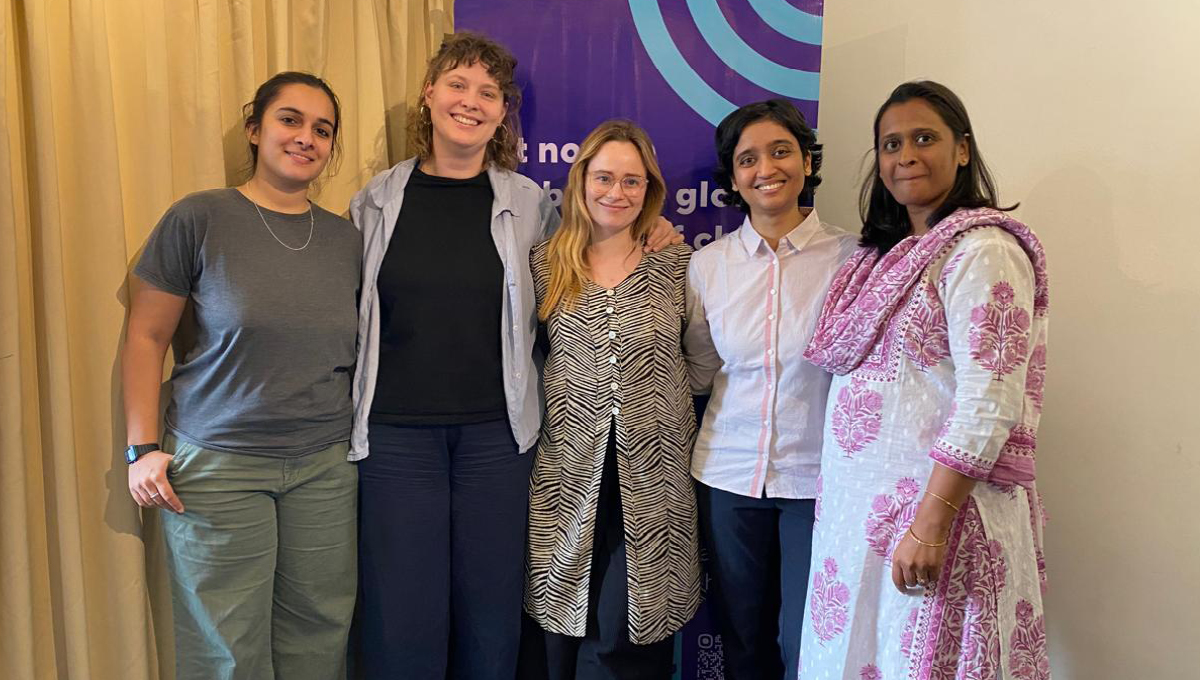Webinar Report: Prevention Integration into Sustainable Systems – Lessons from Scandinavia
ACT Against Child Abuse hosted an online webinar in November 2024 examining prevention services across Scandinavia. The event brought together experts from Denmark, Norway, and Sweden to discuss how their countries have successfully integrated services for individuals at risk of sexually offending against children into existing healthcare and justice systems.
Through focused case studies and practical examples, the webinar aimed to provide a inspiration and ideas for organisations worldwide seeking to develop their own prevention initiatives. Participants explored how different political, cultural, and institutional contexts have shaped implementation strategies, offering valuable lessons for countries at various stages of programme development.
Through sharing experiences and expertise, the webinar surfaced several essential learnings:
- Early intervention and accessibility are crucial. All three countries have developed some form of low-threshold first contact options, such as helplines or chat services, allowing individuals to reach out anonymously before engaging in treatment. This has proven vital for encouraging help-seeking behaviour.
- Multi-agency collaboration strengthens implementation. Successful programmes often involve cooperation between mental health services, correctional services, and social authorities. This collaboration helps ensure comprehensive care and smooth transitions between systems.
- Sustainable funding requires stakeholder support. Programmes that have achieved long-term stability typically secured government funding by demonstrating their role in public health and safety. Support from child protection organisations has also been particularly valuable in advocacy efforts.
- Professional development needs ongoing attention. Building and maintaining a skilled workforce requires continuous investment in training, supervision, and support systems. This is especially important given the challenging nature of the work.
- Geographic accessibility presents unique challenges. Countries with dispersed populations have developed innovative solutions including digital services and regional treatment centres to ensure nationwide coverage. This has required careful consideration of both technology and human resource distribution.
- Integration approaches vary by country but share common elements. While each nation has developed its own model based on local context, all three countries have successfully integrated prevention services into their public healthcare systems and/or correctional services, demonstrating different possible paths to sustainability.
This webinar embodied ACT’s mission to connect networks of individuals and organisations with the capacity to implement prevention programmes. By bringing together experienced practitioners from established Scandinavian programmes with organisations at earlier stages of development, the event facilitated valuable knowledge exchange that will help strengthen prevention capacity worldwide.
“I think the prevention of sexual violence should be something that we have as a kind of joint effort to do in society. There’s no one that can do all of the work, but there’s a lot of authorities and institutions that can do something.” Webinar Speaker




